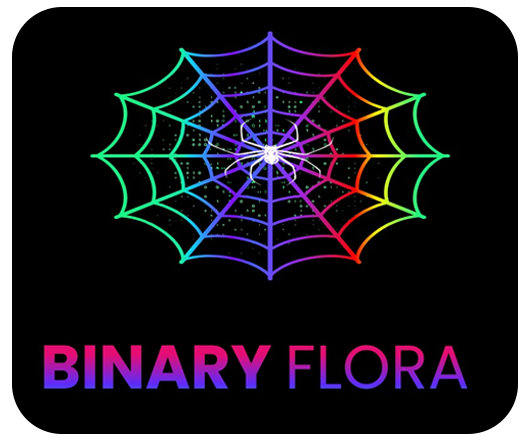Italy has a rich and complex history that dates back to ancient times. The following is a brief overview of the major events and periods that have shaped the country:
Ancient Italy:
The earliest inhabitants of Italy were the Etruscans, who settled in central Italy around 800 BCE. The Greeks also established colonies in southern Italy and Sicily. The Romans eventually conquered the Etruscans and Greek colonies, and the Roman Empire became the dominant power in Italy from 3rd century BCE to 5th century CE. The Romans left an indelible mark on Italian culture and society, and many of their achievements, such as law, engineering, and language, continue to influence the world today.
Medieval Italy:
After the fall of the Roman Empire, Italy was invaded by various barbarian tribes, including the Visigoths, Ostrogoths, and Lombards. In the 6th century CE, the Byzantine Empire regained control of Italy, which was known as the Exarchate of Ravenna. The Papacy also emerged as a powerful institution during this time, and the popes wielded significant political and religious influence.
Renaissance Italy:
The Renaissance was a period of great artistic and intellectual achievement that began in Italy in the 14th century CE. The city-states of Florence, Venice, and Rome were centers of artistic and cultural innovation, and figures such as Leonardo da Vinci, Michelangelo, and Galileo made significant contributions to science and the arts.
Unification of Italy:
In the 19th century, Italy was divided into various states and territories controlled by foreign powers, including the Austro-Hungarian Empire, France, and the Papal States. A movement for Italian unification, known as the Risorgimento, emerged, and in 1861, the Kingdom of Italy was established under the House of Savoy. The new country faced many challenges, including poverty, illiteracy, and political instability.
Fascist Italy:
In 1922, Benito Mussolini and his National Fascist Party came to power in Italy, establishing a dictatorship that lasted until 1943. Mussolini pursued aggressive territorial expansion and aligned Italy with Nazi Germany in World War II. Italy suffered heavy losses in the war and was occupied by Allied forces.
Postwar Italy:
After World War II, Italy became a democratic republic and experienced a period of rapid economic growth, known as the “Italian economic miracle.” The country became a founding member of the European Union and played a key role in European integration.
Modern Italy:
Italy has faced many challenges in recent years, including political instability, economic stagnation, and immigration. However, the country remains an important player on the world stage and is renowned for its art, cuisine, fashion, and culture.
